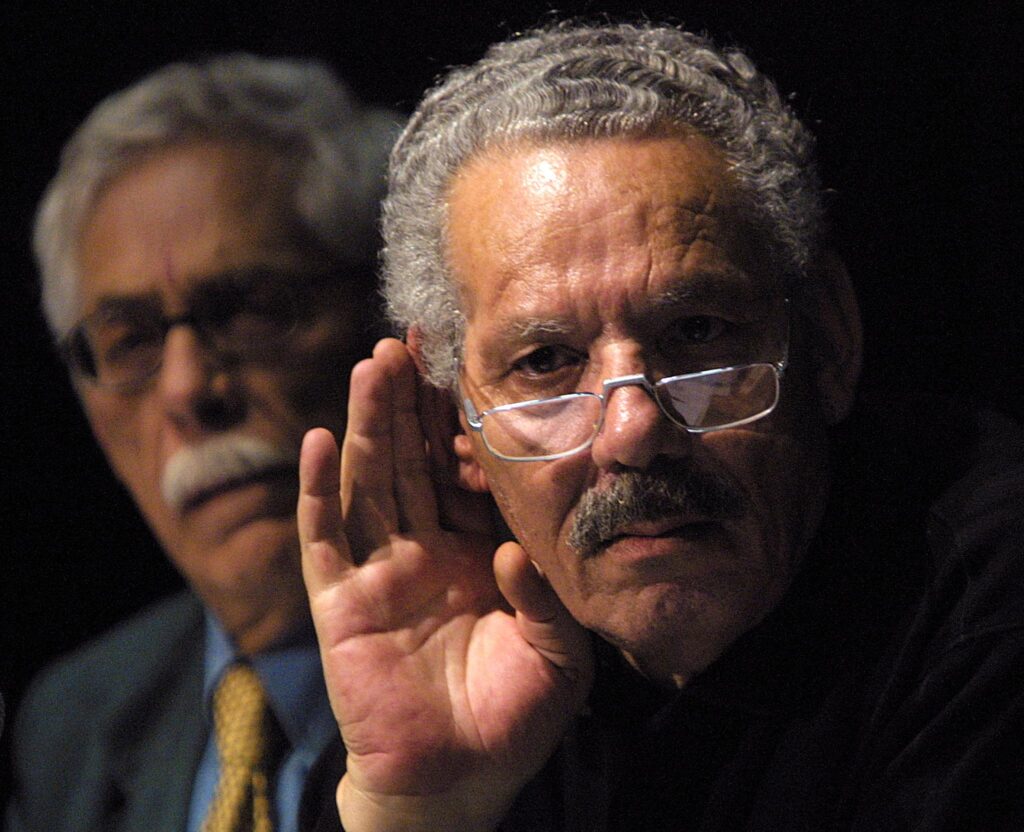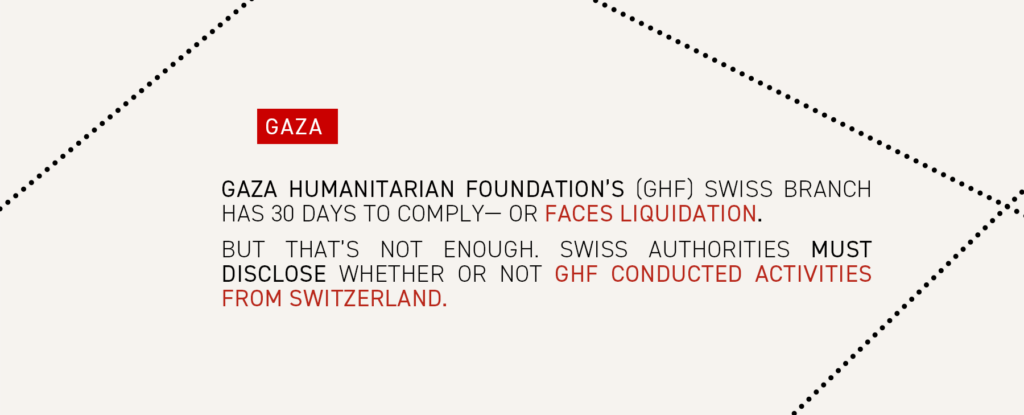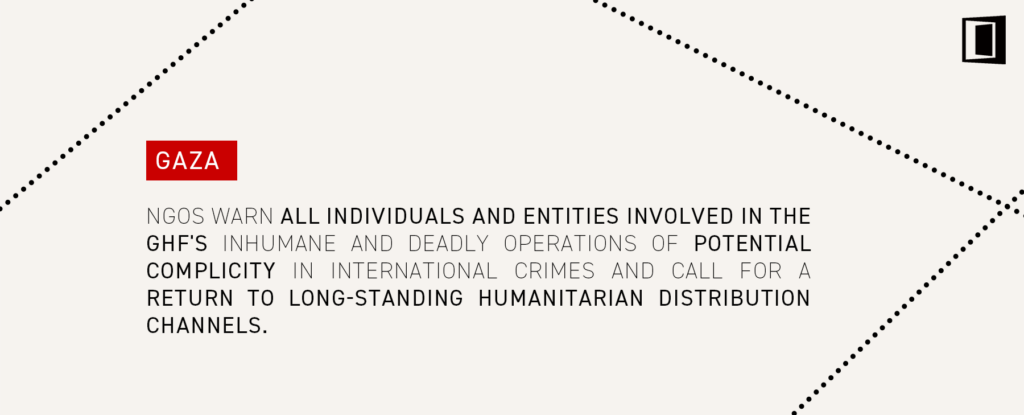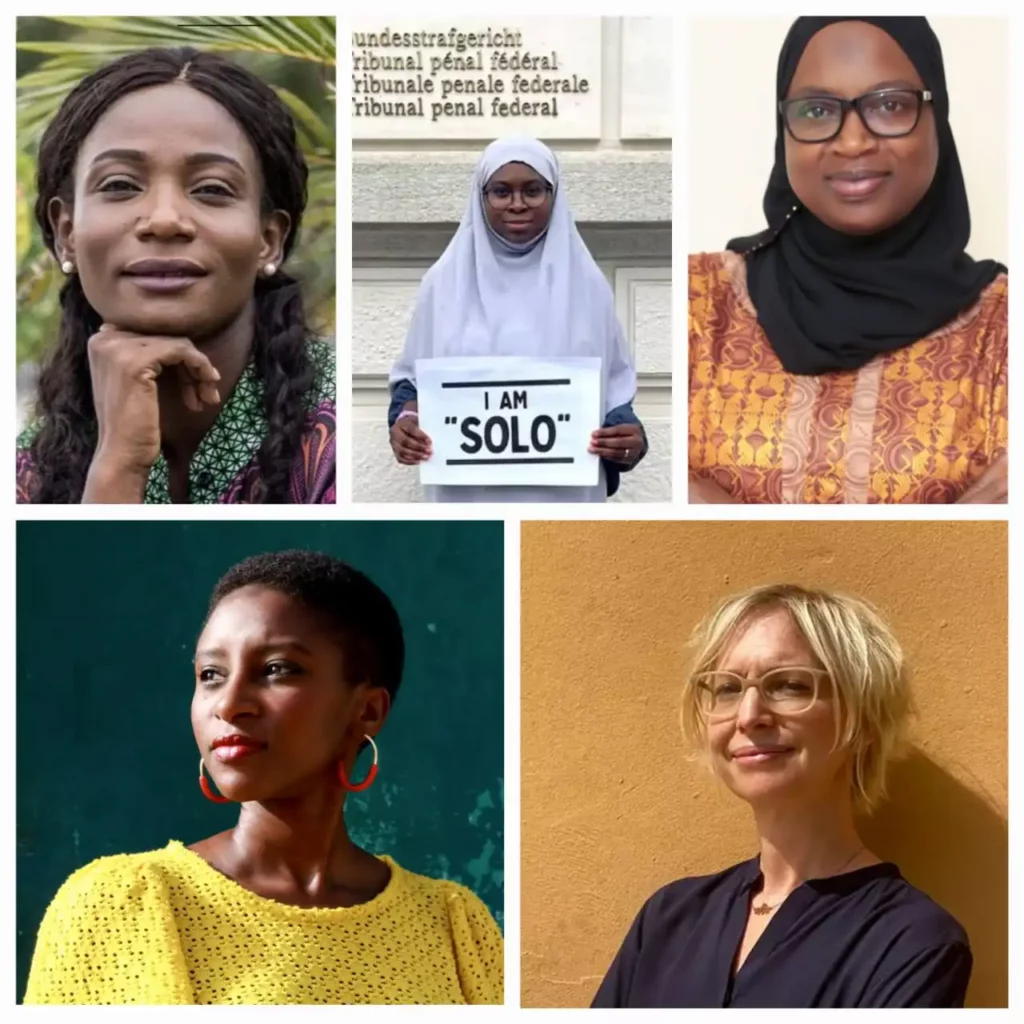Sheka trial in DRC: what support is envisaged for the 290 victims?
On 1 March 2019, a new chapter opened in the Sheka trial: the victims of this warlord, who has terrorized North Kivu, started testifying before the judges. How were they identified? What legal and safety issues arose from their involvement? Patient Iraguha, our Legal Advisor in DRC, offers a key insight to understand the stakes involved.
Update of 23 November 2020: Other victims have been identified after the publication of the article below. At the end of the trial against Sheka & others, their total number was 337 (see full media kit of November 2020)
TRIAL International: What is unique about the Sheka case?
Patient Iraguha: With the exception of a few trials in Beni in recent years, the case of Ntabo Ntaberi Sheka and his accomplices is the most emblematic and complex with which the courts of North Kivu have had to deal.
Firstly, the security risks are significant. Although Sheka is in jail, he can still receive visitors and phone calls. His grip on the territories of Walikale and Masisi, where many of his victims live, is still very palpable.
Secondly, the scope of the alleged crimes is immense. More than 290 victims have been heard ahead of the trial and should take part in the proceedings. However, the crimes of Sheka and his militia have affected a much larger part of the population, so it would be rash to predict an exact number of victims.
Read more about Sheka’s alleged crimes
Only a minority of the victims will physically appear in court. Therefore, the judges have been invited to remember the “nameless victim”, embodying all the individuals who are unwilling or unable to appear in the courtroom, but have endured many ordeals nonetheless.
How does TRIAL International support the victims?
The help of local NGOs is crucial in order to reach out to survivors. These NGOs have identified and built relationships of trust with them over a number of years. As the hearings approach, we have to pinpoint them one by one, since some were forced to flee the conflict. We also need to re-explain the procedure to them, and outline how the hearings will unfold. Sadly, the sluggishness of the judiciary has disheartened a few, who have withdrawn from the lawsuit.
Read more on the role of local actors in DRC
For the victims who have been located, informed and have given their consent, our assistance begins with a security analysis of their journey to Goma, where the hearings take place. Here, the local NGOs again provide invaluable support. Motorcycles are usually used, but other means of transportation can also be arranged depending on the distance, the state of the roads, the victims’ health and personal circumstances, etc. Minors are systematically accompanied by a relative. Travel arrangements are facilitated by the United Nations Joint Human Rights Office (UNJHRO), in close collaboration with TRIAL International.
How else is TRIAL International involved in the trial?
We assist the victims’ lawyers with our technical and legal expertise. In the Sheka case, we have analysed more than 3,600 pages of evidence to carve out a robust legal strategy. TRIAL International also offers to assist the lawyers in their legal research, always in full respect of their ethos and professional independence.
Finally, in partnership with the Prosecution Support Cell – which has a mandate to liaise with judicial authorities – TRIAL International can provide logistic and financial support to documentation missions undertaken by local actors.
In short, we work with a wide range of local and international actors. Whilst we are not in agreement on every issue and concessions are required, we are all strongly committed to pursuing justice for the victims of the most heinous crimes.
The work of TRIAL International in this case was carried out within the Cadre de concertation, an informal network of international actors who cooperate in order to support the work of Congolese military tribunals in the investigation and indictment of the authors of mass crimes in North Kivu.











